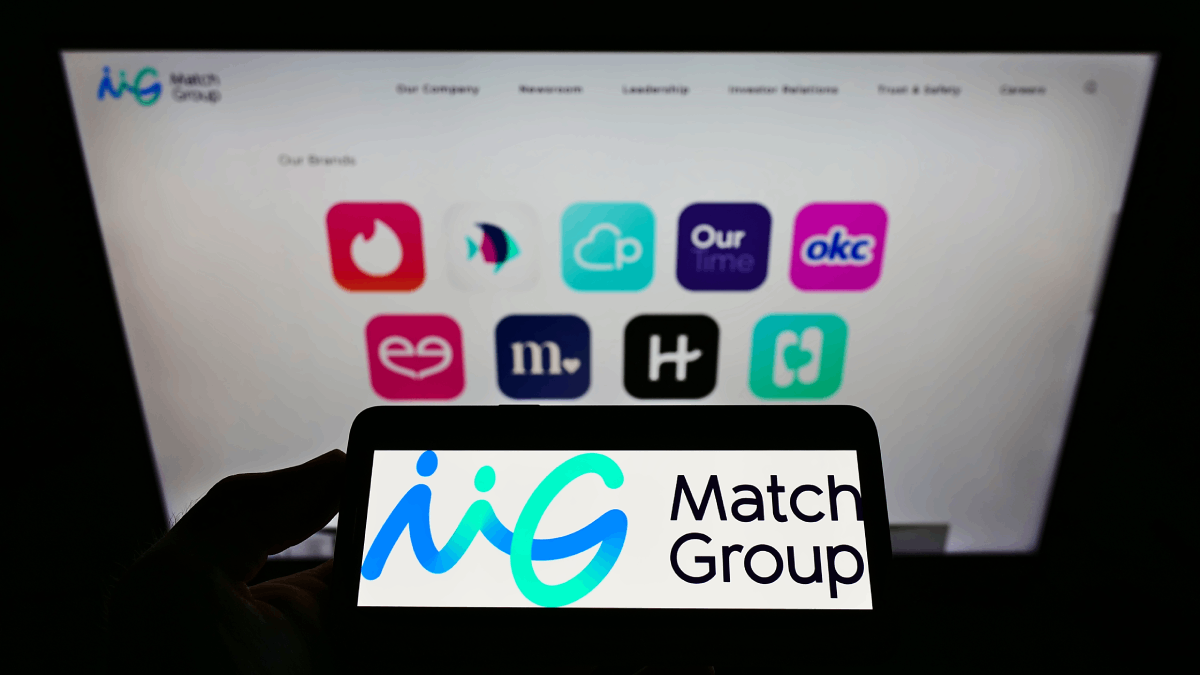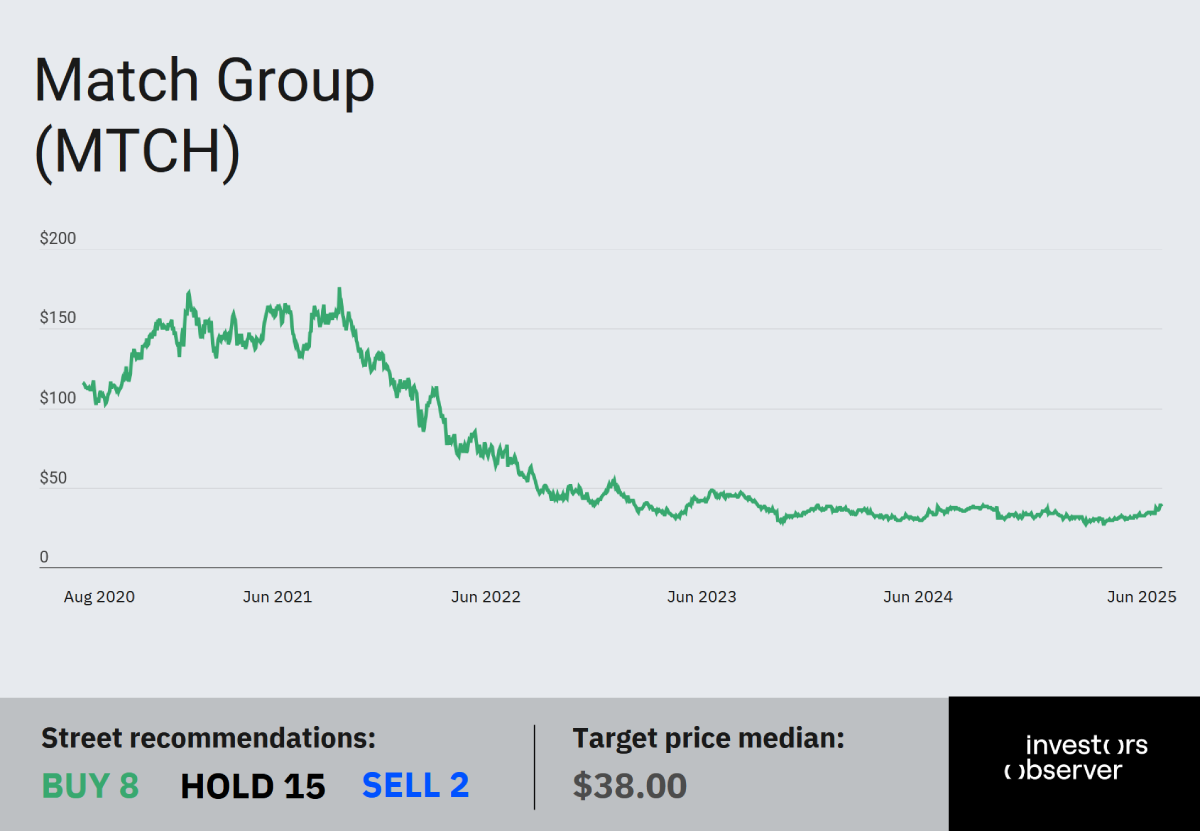
It’s no secret that after experiencing years of growth after they first launched, most dating apps are now struggling with dwindling users and falling revenue, brought on by both burnout with the format and a struggle trying to connect with a younger generation.
For Match Group (MTCH), the financials just got even more daunting.
The parent company of Match.com, Tinder, Hinge, and OkCupid agreed this week to a $14 million settlement with the U.S. Federal Trade Commission (FTC) over allegations that the company engaged in deceptive advertising practices.
The FTC sued Match in 2019, alleging that the company “deceptively induced consumers to subscribe to Match.com by promising them a free six-month subscription if they did not ‘meet someone special’”, but did not “adequately” disclose that there were “several onerous requirements” that consumers needed to meet before the company honored the guarantee.
The FTC also said that Match would “unfairly” suspend accounts of users who had unsuccessfully filed a billing dispute, while also keeping their money without providing the services for which the consumer had paid.
The company also made it difficult for users to cancel their subscriptions, according to the FTC.
In addition to the $14 million settlement, Match has agreed to disclose the terms of its service more clearly to consumers.
The company will also make it easier for users to cancel their subscriptions, and will not retaliate against its customers who file billing disputes.
Stock is up, but users are down
Match sounded defiant in a statement it released about the settlement, but the company stopped short of saying that it never engaged in the advertising practices that the FTC alleged in its complaint.
“Match Group admits no liability as part of this resolution and was fully prepared to take the case to trial, but opted to resolve the case to put the matter behind it,” the company said. “The FTC’s outdated claims are entirely moot, as the alleged practices at issue ended years ago or are based on mischaracterizations that do not reflect our business today.”
Match has been facing the same challenges that nearly all the dating apps appear to be facing today – losing users who have grown weary of swiping, while also struggling to attract younger Gen Z consumers who seem to be more interested in IRL meetups.
Match laid off 13% of its workforce in May, which the company saw as a way of better "unleashing efficiencies and innovation,” according to CEO Spencer Rascoff.
“The ultimate beneficiaries of these changes will be the tens of millions of users who rely on our apps to spark meaningful connections,” he said at the time.
The workforce reduction may have helped its stock price – its shares are up 18.2% YTD – but Match continues to struggle with a dwindling user base.
The company reported in its second-quarter earnings that the number of people using its dating apps declined 5% compared to the previous year, while its revenue came in flat.
Although Match’s stock is up this year, it has plunged 67.5% over the past five years.

Your email address will not be published. Required fields are markedmarked